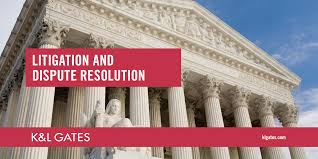AstraZeneca pulls its COVID vaccine from European market

In an update on the European Medicines Agency's website on Wednesday, the regulator said that the approval for AstraZeneca's Vaxzevria had been withdrawn “at the request of the marketing authorisation holder.”
AstraZeneca's COVID-19 vaccine was first given the nod by the EMA in January 2021.

Within weeks, however, concerns grew about the vaccine's safety, when dozens of countries suspended the vaccine's use after unusual but rare blood clots were detected in a small number of immunised people.
The EU regulator concluded AstraZeneca's shot didn't raise the overall risk of clots, but doubts remained.
Partial results from its first major trial — which Britain used to authorise the vaccine — were clouded by a manufacturing mistake that researchers didn’t immediately acknowledge.
Insufficient data about how well the vaccine protected older people led some countries to initially restrict its use to younger populations before reversing course.
Billions of doses of the AstraZeneca vaccine were distributed to poorer countries through a UN-coordinated program, as it was cheaper and easier to produce and distribute.
But studies later suggested that the pricier messenger RNA vaccines made by Pfizer-BioNTech and Moderna provided better protection against COVID-19 and its many variants, and most countries switched to those shots.
The UK's national coronavirus immunisation program in 2021 heavily relied on AstraZeneca's vaccine, which was largely developed by scientists at Oxford University with significant financial government support.
But even Britain later resorted to buying the mRNA vaccines for its COVID booster vaccination programs and the AstraZeneca vaccine is now rarely used globally.


 Australia
Australia Argentina
Argentina  Austria
Austria  Brazil
Brazil  Canada
Canada  Germany
Germany  Ireland
Ireland  Italy
Italy  Malaysia
Malaysia  Mexico
Mexico  New Zealand
New Zealand  Poland
Poland  South Africa
South Africa  United Kingdom
United Kingdom  United States
United States 





























